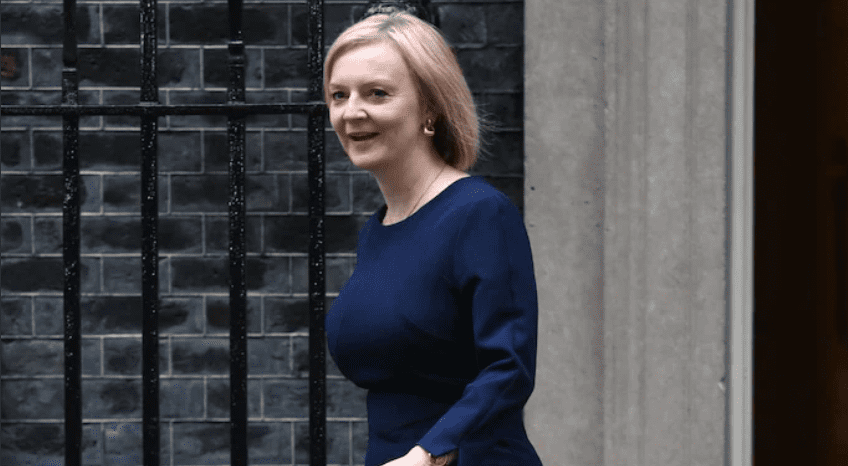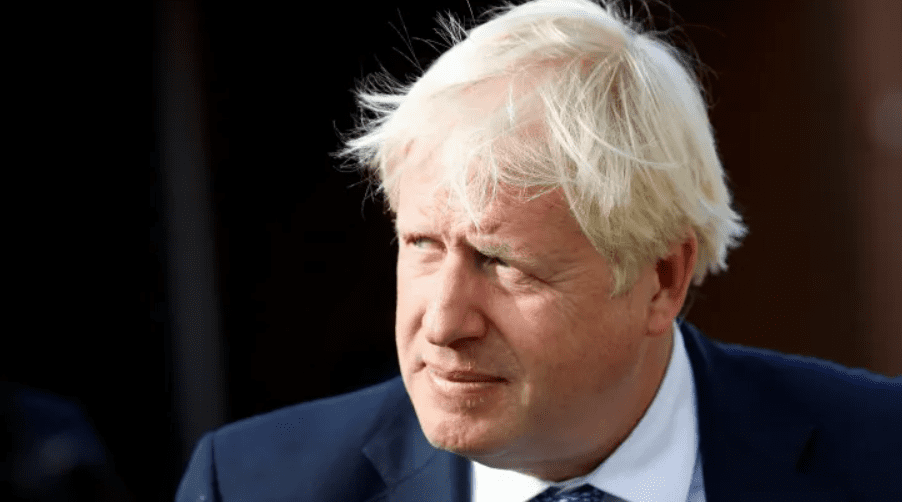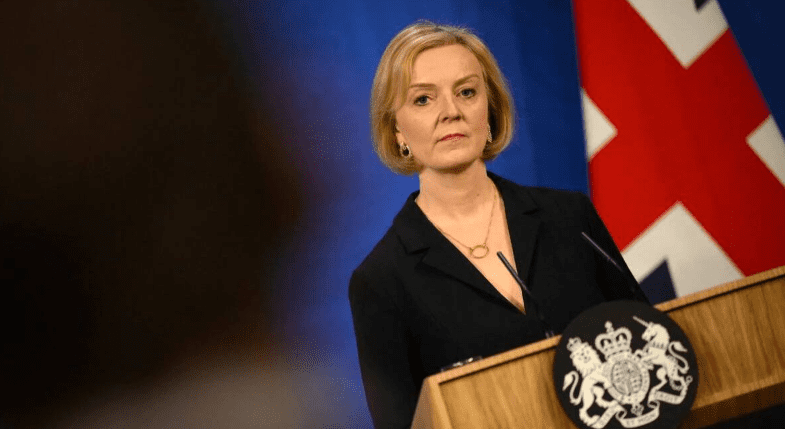Liz Truss stepped down from the podium outside No.10 Downing Street after leaving her party as a leader. It must have occurred to her that her tenure as Prime Minister was only as long as her campaign got there. When Boris Johnson left Downing Street, there was a demand In the United Kingdom for a moment of resilience, stability, and competence and a conventional Prime Minister who could make the situation steady with his boring tactics.
Liz’s legs in the sand have proved quite shaky. Arguably, she has pulled the biggest scoop in the history of British politics by making Boris’s time look dull if compared to her time. She started as Prime Minister in September and had a suggestion of an extreme plan that was created just to boost economic growth. But she had to take a step back quickly after the extreme, contrary happening. Her proposals to boost the economy started a quick meltdown of the economy, from which she never made a recovery.
Why Did Liz Truss resign?
Liz became the prime minister on 6th September after getting selected as the head of the Conservative Party after gaining the confidence of her party fellows against Rishi Sunak. The resignation of the chancellor of the Boris Johnson treasury led to the previous PM’s downfall.

On Thursday, when Liz addressed, she said she could not deliver the ruling on which she was selected and had already told King Charles III about her resignation as the leader. She also said the new Prime Minister would be selected in the upcoming weeks. She said that she would fulfill her duties until a new leader was selected. Rishi Sunak is the new Prime Minister and has taken over Liz’s responsibility.
The pressure was building up
As per a BBC report, her statement came after her meeting with the 1992 committee’s chairman of backbench MPs and Tories asked her to leave the position. Suella Braverman, interior minister of Britain, also left her post on Wednesday and became the 2nd cabinet minister to quit within seven days after the finance minister, Kwasi Kwarteng, was sacked last Friday.
Braverman also left the position over a technological violation of government rules. She sent her resignation letter in an official form from her personal email. In the mail, she also critiqued Lizz stating that she was concerned about the directions in which the government was heading. The impact of financial pressure led to the resignation of Kwarteng and the planned ‘mini budget’ that was announced by him.
The mini-budget led to huge market volatility, depressed the currency, and raised the mortgage rates. The central bank of Britain and at Bank of England was compelled to interfere in the debt scenario of the market, with all the growing problems that the pension funds are also in danger, as per The New York Times.





